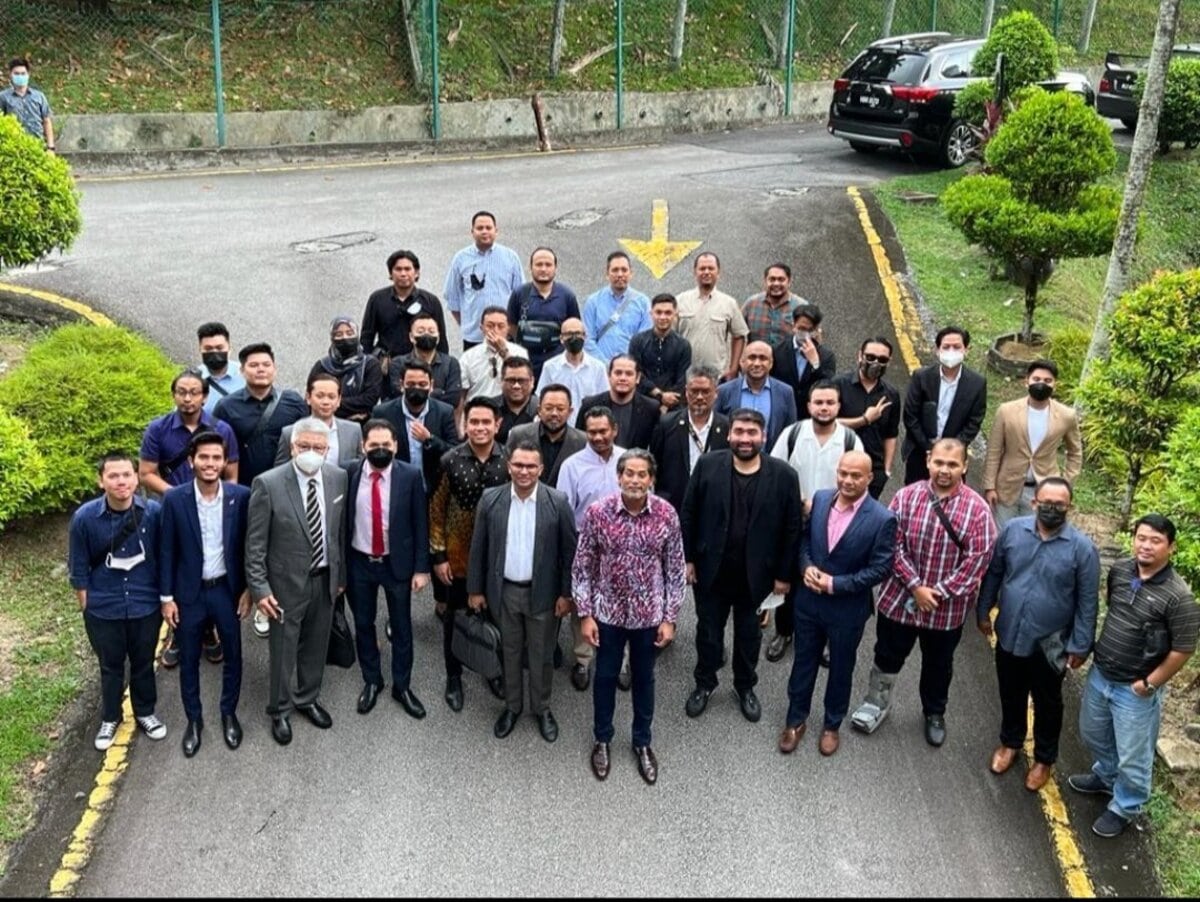KUALA LUMPUR, July 23 – An association representing the vape industry has claimed that the government will consult vape companies in drafting regulations on their own industry, possibly posing a conflict of interest.
The Malaysia E-Vaporisers and Tobacco Alternative Association (Mevta) made the claim after meeting Health Minister Khairy Jamaluddin and the Ministry of Health’s (MOH) Framework Convention on Tobacco Control (FCTC) department, along with other players in the vape industry, last Thursday on the government’s proposed generational ban on tobacco and vape.
“To all industry players, there will be future stakeholder engagement sessions where we will be invited as members in determining the regulations in various sectors, such as manufacturers, importers, and retailers,” Mevta posted on its Facebook page last Thursday after the meeting.
The vape group also said yesterday that it was now in support of the “generational end game” (GEG) proposed in the Tobacco and Smoking Control Bill that is expected to be tabled next week, reversing its earlier stance against the prohibition against smoking and vaping for those born from January 1, 2005.
Malay daily Kosmo! reported Mevta just a day prior as saying that it opposed the inclusion of vape and e-cigarettes in the GEG, claiming that vape is a much less harmful alternative to smoking tobacco that would help heavy smokers quit.
Mevta also reportedly said that banning the sale of vape products to anyone born from 2005 would affect the local industry estimated at RM2.27 billion.
“After getting a clear explanation from YB Khairy Jamaluddin and the FCTC department at the Ministry of Health Malaysia, our association has agreed to support the ‘generational end game’ (GEG) in the Tobacco and Smoking Control Bill 2022 that will be tabled by YB Khairy Jamaluddin in Parliament,” Mevta said yesterday.
“Our association has also agreed to work with him (Khairy) in regulating the Malaysian vape industry.
“After so long without any regulations of our industry, this bill, if passed, will enable regulation of the vape industry in Malaysia. Therefore, we truly hope that all Members of Parliament will set aside differences in political ideology and unite in supporting the bill in the Dewan Rakyat later.”
It is unclear what drove Mevta to make a sudden about-turn in its position on the GEG or what concessions, if any, were offered by MOH to the vape industry in the proposed tobacco control legislation in exchange for industry support.
Malaysia’s medical fraternity and civil society working on health issues and tobacco control are mostly in favour of including vape in the GEG, instead of solely banning the sale of cigarettes and tobacco to the next generation.
The World Health Organization’s (WHO) FCTC – a global tobacco control treaty of which Malaysia is a signatory – outlines measures to prevent Big Tobacco from influencing public policy.
Article 5 of the FCTC on “general obligations” requires governments to protect public health policies with respect to tobacco control from “commercial and other vested interests of the tobacco industry in accordance with national law”.
As WHO’s FCTC does not target vape or e-cigarettes, MOH would not be violating the FCTC should it engage the vape industry in drafting vape regulations.
However, Malaysia’s MOH has never formally adopted vape as a harm reduction alternative to smoking cigarettes, unlike health agencies in the United Kingdom or New Zealand.
Galen Centre for Health and Social Policy chief executive Azrul Mohd Khalib noted that the vape industry in Malaysia is now getting new customers among those who have never smoked cigarettes, as well as young women, teenagers, and even children.
He pointed out that the nicotine strength in vape liquids sold in Malaysia can go up to as high as 5 per cent, unlike the UK and Europe that permit a maximum 2 per cent nicotine content.
He also said Malaysia’s unregulated vape industry is currently doing what has been prohibited for tobacco companies under the FCTC, with vape now replacing cigarettes in public promotions, advertising, and sponsorships.








